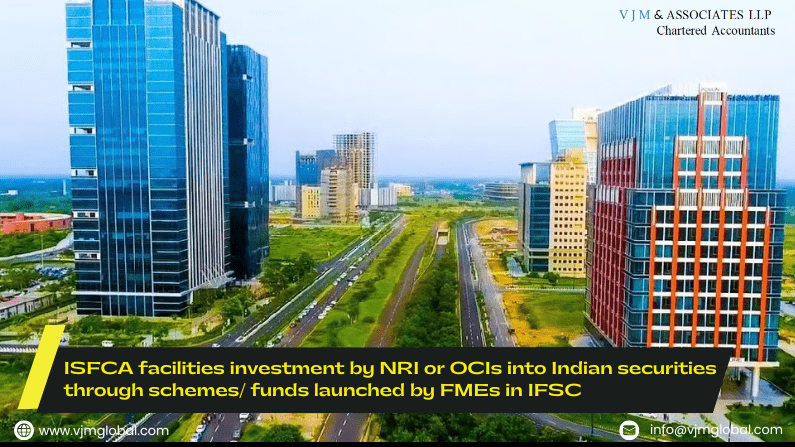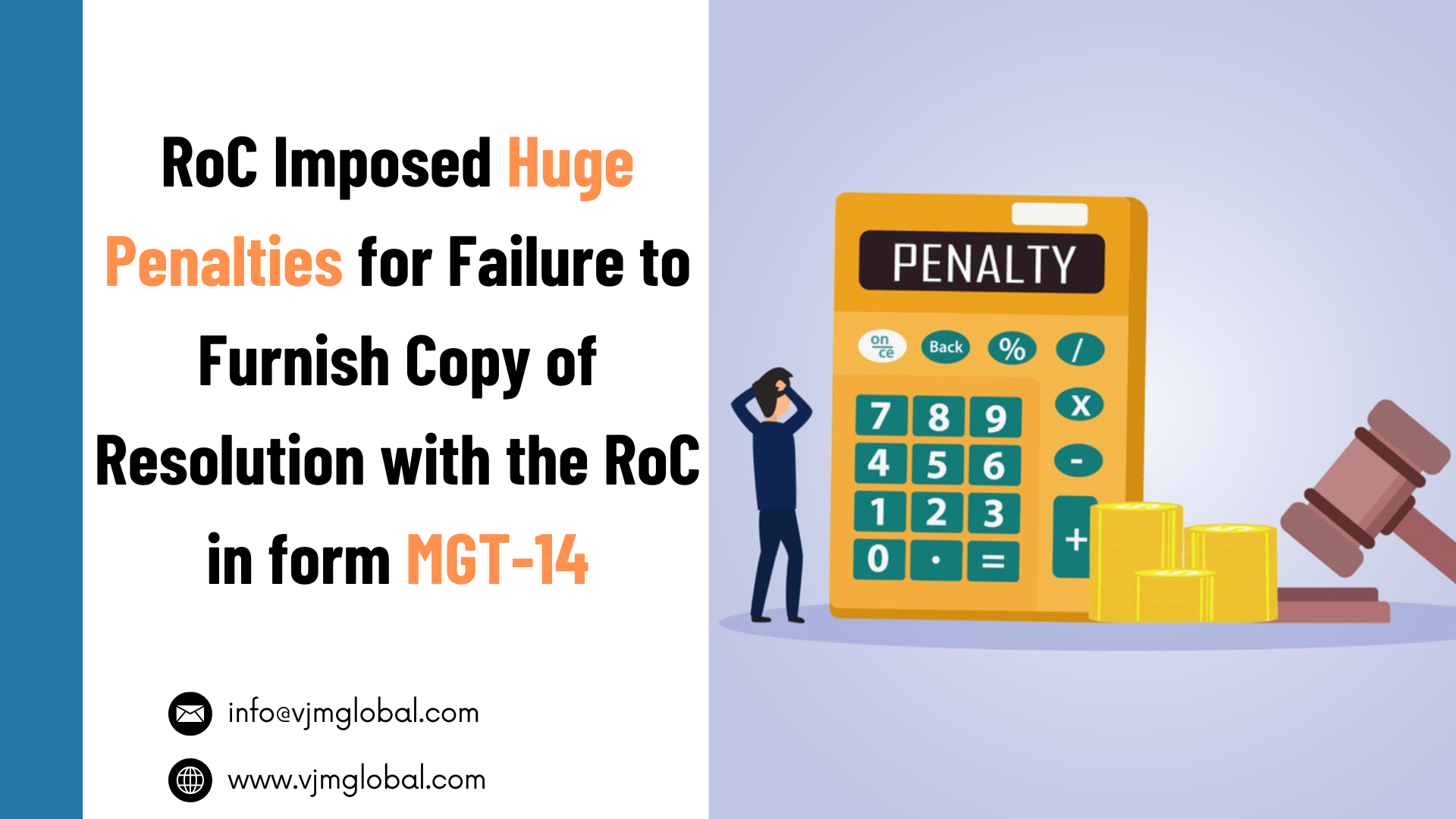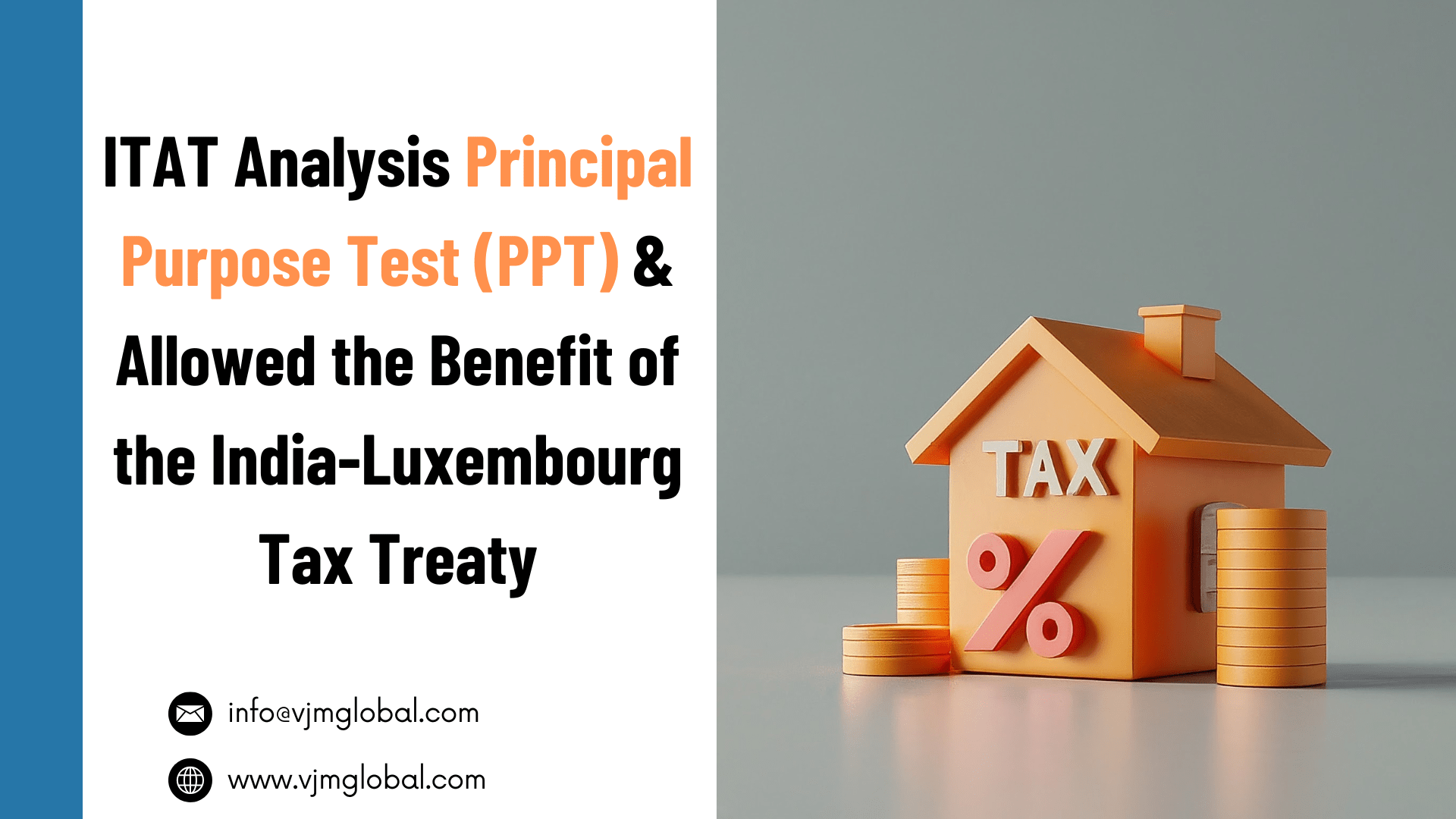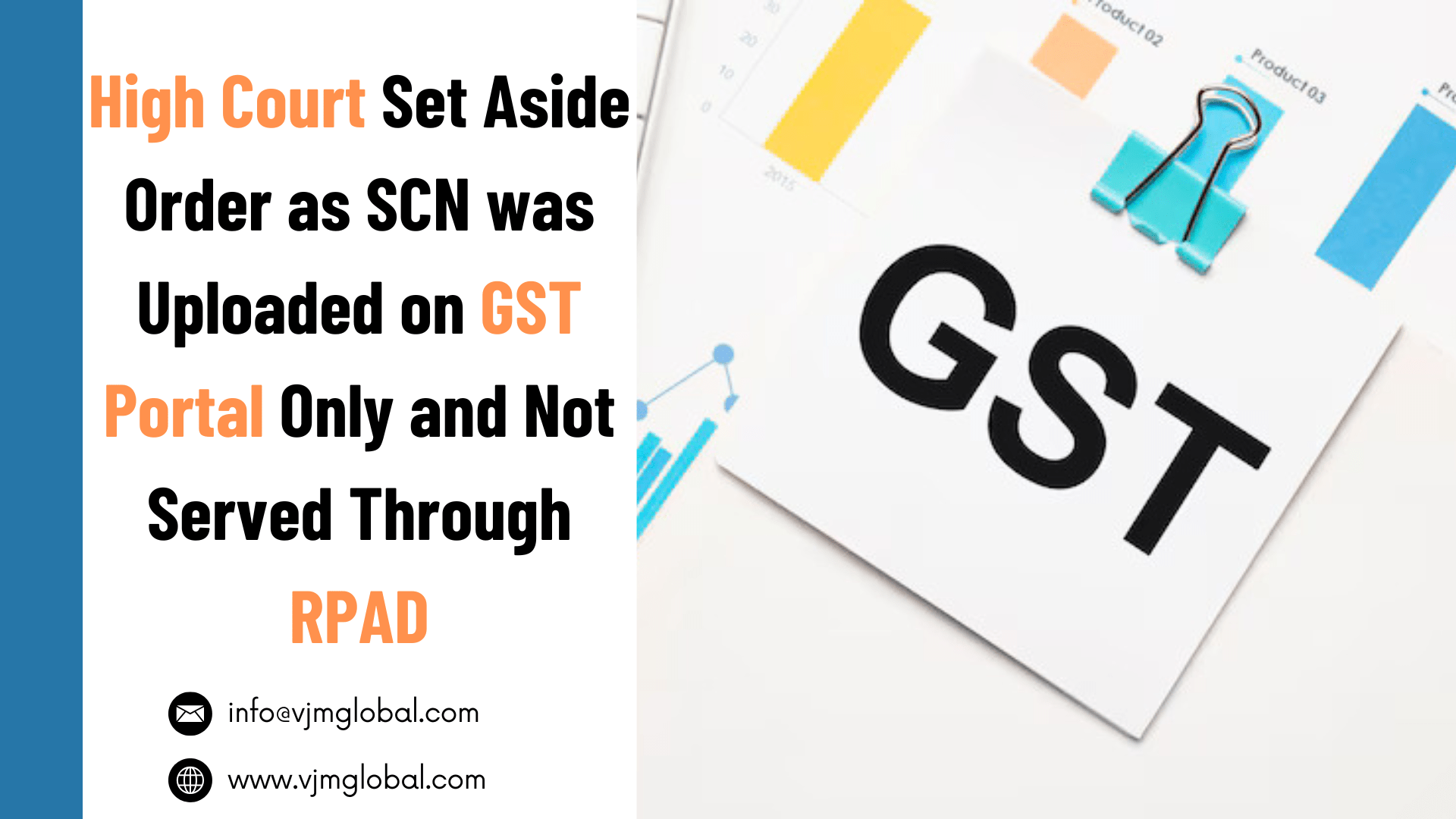Government is making all the efforts to promote the GIFT CITY of India, i.e., International Financial Service Centres (IFSC). Alternatives routes and methods are prescribed for the NRIs to make investment in IFSC. For this purpose, the International Financial Services Centre Authority (Fund Management) Regulations, 2022 (“The Regulations”) is formed by the International Financial Services Centre Authority (IFSCA). The Regulations are made in exercise of power given under IFSCA Act, 2019 and Securities and Exchange Board of India Act, 1992.
In line with same, the IFSCA has now facilitate the investment by NRIs and OCIs into Indian securities through various schemes or funds launched by Fund Management entity (FME) in IFSC vide circular No. F. No. IFSCA-IF-10PR/2/2024-Capital Markets dated 02.05.2024.
This article discusses the article in detail:
1. What is FME (Fund Management Entity)
- As per Regulation 3 of the Regulations, Any entity which intends to undertake the business of fund management in IFSC shall not commence operations unless it obtains a certificate of registration from the Authority as a FME.
- FME shall seek registration under any of the following three categories:
- Authorised FME
- Registered FME (Non-Retail)
- Registered FME (Retail)
- Each category of FME is permitted to make investment through various routes and subject to specified terms and conditions.
2. FMEs need to register as FPI
As per the circular issued by IFSCA:
- The Regulations allow Fund Management Entities (FMEs) to launch various schemes and funds in IFSC to offer investment to investors.
- If such schemes or funds invest in listed Indian securities then such FMES are required to registered as Foreign Portfolio Investors (“FPIs”) under the Securities and Exchange Board of India (Foreign Portfolio Investors) Regulations, 2019 (“SEBI FPI Regulations”).
- Further, SEBI’s ‘Master Circular for Foreign Portfolio Investors, Designated Depository Participants and Eligible Foreign Investors’ dated December 19, 2022 (“SEBI Master Circular”), in Part A(1)(ii)(b) specifies a threshold for the aggregate contribution of the Non-Resident Indians (NRIs), Overseas Citizens of India (OCIs) and Resident Indians (RIs) in the corpus of an FPI.
- As per SEBI circular, the aggregate contribution of NRIs, OCIs and RIs shall be below 50% of the total contribution in the corpus of the applicant.
Explanation: The contribution of resident Indian individuals shall be made through the Liberalised Remittance Scheme (LRS) notified by Reserve Bank of India (RBI) and shall be in global funds whose Indian exposure is less than 50%.
3. Alternate Routes for Investment by NRI or OCI in Indian Securities through FPI
As per circular, the following alternative routes are prescribed to increase participation of NRIs and OCIs in Indian securities through IFSC based FPIs:
3.1 Alternate Route-1:
- NRI/OCI/RI investors may contribute up to 100% in the corpus of FPIs.
- Such FPIs will be required to submit copies of PAN and other suitable documents (where PAN is not available) of all their NRI/OCI/RI individual constituents, along with their economic interests in the FPI, to the DDP (Domestic Depositary Participant_.
- The modalities for this alternative shall be specified by SEBI.
3.2 Alternate Route-2:
- NRI/OCI/RI investors may contribute up to 100% in the corpus of FPIs without any requirement to submit above mentioned documents subject to fulfillment of following conditions.
- FMEs intending to invest in Indian securities through the FPI route, by setting up Retail Schemes, Restricted Schemes and Exchange Traded Funds in an IFSC, shall comply with the following conditions:
- The eligibility of FME for such scheme or fund shall be as specified by SEBI;
- The FME shall independently take investment decisions, i.e., it shall not get influenced by any investor in the scheme or funds;
- Contribution of all investors in such scheme or fund shall be accepted into a single pool without any segregated portfolios. All the investors shall be entitled to pari-passu and pro-rata rights. Accordingly, such scheme / fund shall also be restricted from co-investments;
- The scheme or fund shall have at least 20 investors wherein no single investor should hold more than 25% of the corpus of the fund;
- The scheme or fund shall not invest more than 20% of its assets in the securities of a single investee company.
- In case of breach of the conditions at (d) and (e) during the initial 3 months or any passive breach thereafter, the FME shall take immediate steps to rectify the same, not later than 3 months of such breach;
- The FME shall comply with the additional disclosures as specified by SEBI, in case the concentration of investments by the scheme / fund breaches the threshold as specified by SEBI at the corporate group level of the investee company;
- All other applicable provisions of IFSCA and SEMI shall continue to apply to such scheme or fund.













